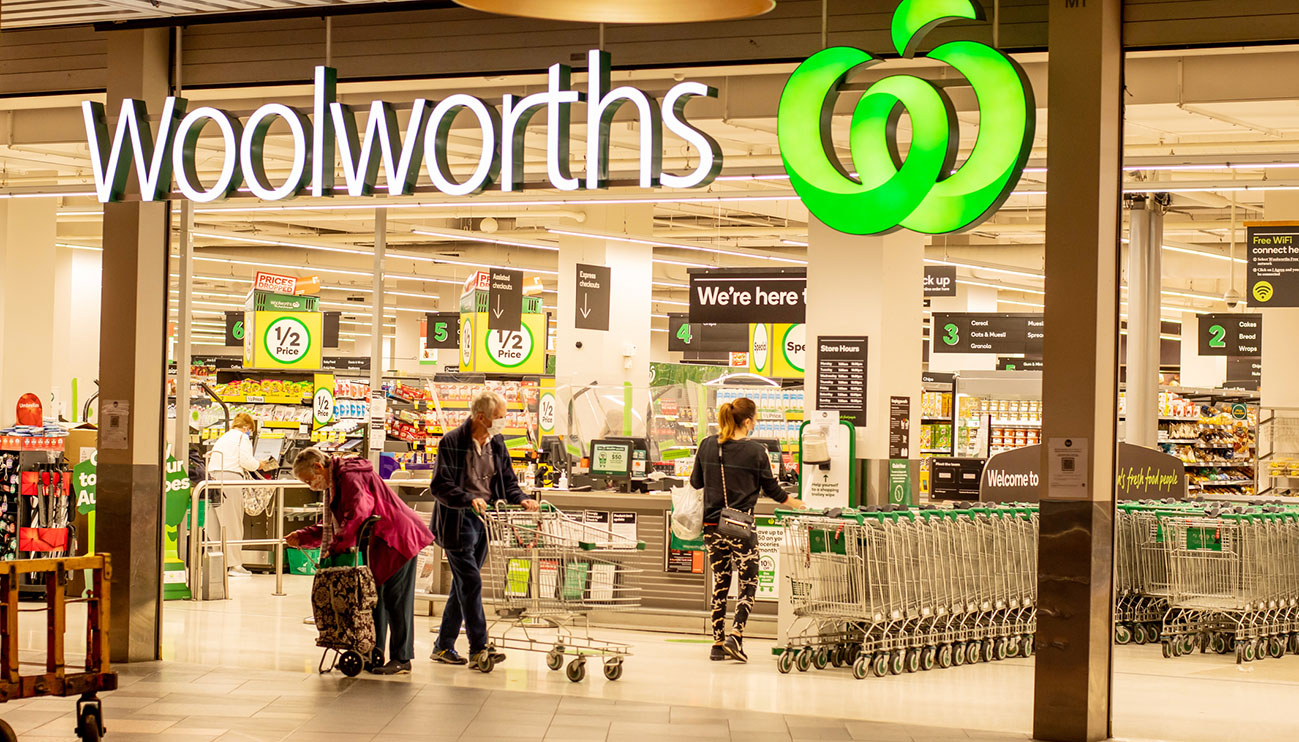Concerns about the business practices of supermarket giants Coles and Woolworths are not new. The industry’s oligopoly, combined with insufficient government oversight and limited public exposure, has allowed allegedly unethical pricing practices to persist for years.
Historically, attention has focused on the power imbalance between Australia’s major supermarkets and their suppliers, rather than the impact on consumers. However, the current cost-of-living crisis has intensified scrutiny of high grocery prices.
New legal action being taken by the Australian Competition and Consumer Commission (ACCC) in the Federal Court against Coles and Woolworths is for allegedly breaching Australian Consumer Law by misleading shoppers about discount pricing on hundreds of products.
An interim report by the ACCC, part of a year-long inquiry ordered by Prime Minister Anthony Albanese in January, also found many shoppers were concerned about high prices and do not trust supermarkets. Alongside the Federal Court action, the ACCC is investigating the market power of supermarkets and impacts on suppliers and consumers.
Bad apples and scapegoats
New research from Macquarie Business School suggests government actions – such as the ACCC’s – may trigger consumers to revolt against other supermarket brands such as Aldi and IGA, which have in the past been accused of allegedly unethical pricing.
Dr Joseph Chen, a Senior Lecturer in the Department of Marketing at Macquarie Business School, says consumers may impose punishment by simply showing their distrustful attitudes or by taking action including filing complaints and boycotting retailers.
The situation faced by Australia’s major supermarkets closely mirrors the industry-wide crises examined in Dr Chen’s study The effects of observing punishment on consumers’ decisions to punish other companies during industry-wide crises. Published in the Journal of the Academy of Marketing Science, the paper was co-authored with Dr Yi Li and Dr Jun Yao, both Senior Lecturers in Macquarie’s Department of Marketing.
This is a classic case where the bad behaviour of a few forces the entire industry to face greater scrutiny. We’re likely to see more widespread regulations that reshape how all supermarkets operate.
“When multiple companies are implicated in misconduct – whether it’s price gouging, product harm or service failure – one or two often become the focal points serving as illustrations of broader industry-wide issues, as we’ve seen with Coles and Woolworths,” Dr Chen says.
“These companies, seemingly serving as ‘scapegoats’, tend to attract more media coverage and scrutiny, even though other players may be equally culpable.”
Dr Chen points to similar examples where a single company became the ‘scapegoat’ for industry-wide issues, such as United Airlines in the 2017 ticket oversales crisis; Volkswagen in the 2014 diesel emissions scandal; Sanlu Dairy Company in the 2008 Chinese milk contamination crisis, and Mattel in the 2007 toxic toy recall.
Conventional wisdom suggests that punishment handed out to a few ‘scapegoats’ may shield others, but Dr Chen’s research found consumers may conclude all the apples in the barrel are just as bruised.
The knock-on effect
Coles and Woolworths are in the spotlight now, but other supermarkets, such as Aldi and IGA, have been accused of allegedly concerning pricing practices and should brace for potential consumer backlash.
“After seeing the punishment imposed by the ACCC, consumers will become certain that the supermarkets accused of similar pricing practices in the past, even smaller or lesser-known chains, should also be blamed and punished,” Dr Chen says.
“The lesson here is that even when a few companies are being punished, other companies involved in the industry crisis must act swiftly and transparently to address issues.
“The key takeaway for supermarkets is to address potential ethical concerns now before they become the next headline. By positioning themselves as the more trustworthy option, they can build consumer trust and possibly grow their market share,” Dr Chen says.
- Scientists condition crocodiles to avoid killer cane toads
- Why are some people financially resilient and others are not?
The consumer regulator’s legal action highlights broader issues in the supermarket industry. Recent government reviews and the consideration of a mandatory grocery code of conduct underscore growing concerns.
“When high-profile companies like Coles and Woolworths are called out, it creates a ripple effect, prompting tighter regulations across the board,” Dr Chen says.
“This is a classic case where the behaviour of a few forces the entire industry to face greater scrutiny. We’re likely to see more widespread regulations that reshape how all supermarkets operate.”
Dr Joseph Chen (pictured above), Dr Yi Li, and Dr Jun Yao are Senior Lecturers in the Department of Marketing at Macquarie Business School.



